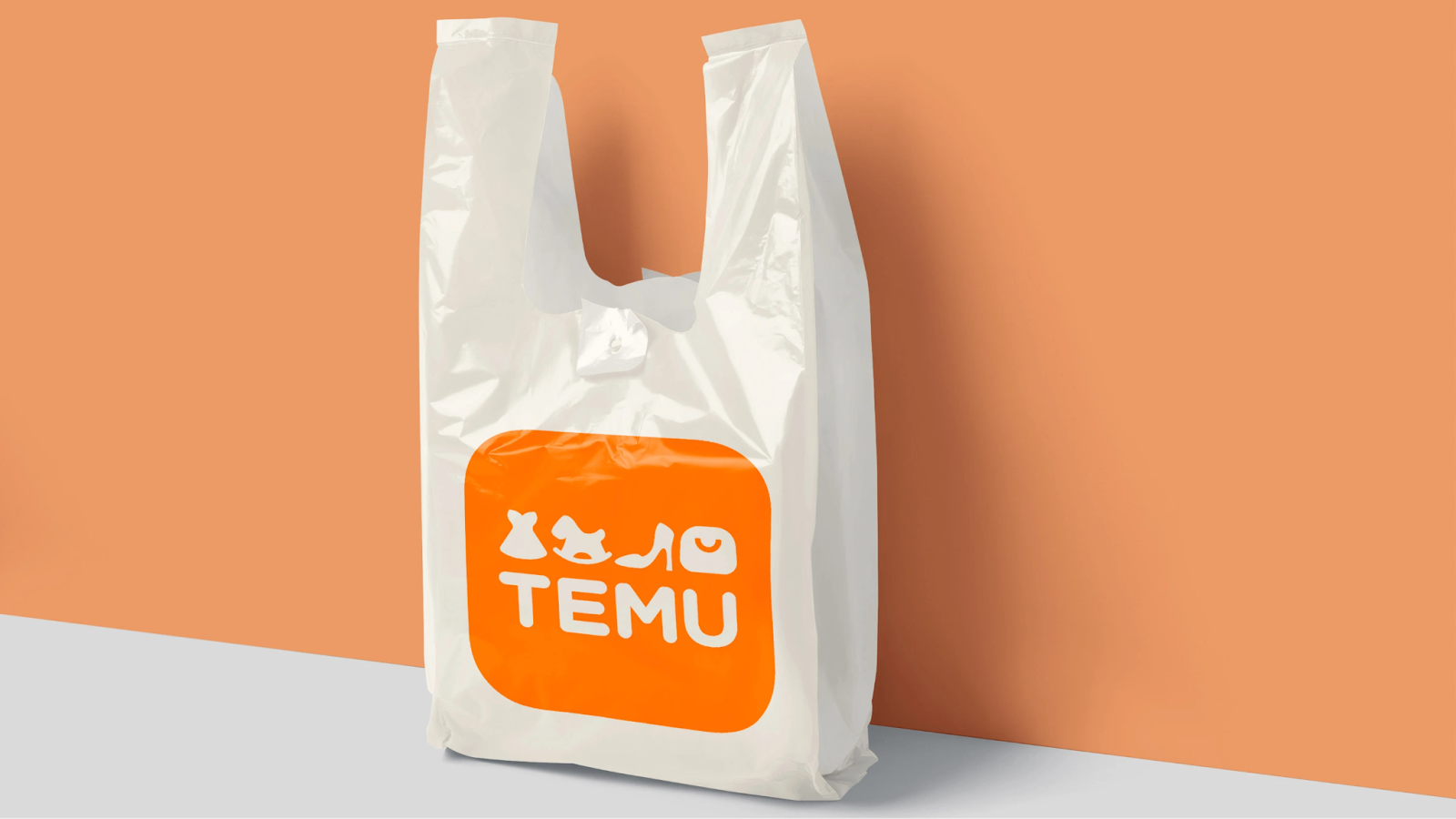U.S.-China tussle could be a new front in fast fashion. There is a need to intensify scrutiny of Shein and Temu.
As the popularity of Chinese online retailer Shein and newcomer Temu draw increased scrutiny in the U.S.-China battle, fast fashion could become another flashpoint.
There has been growing bipartisan support for studying ties between the two nations as their relationship deteriorates. A series of questions posed by Congress to TikTok CEO Shou Zi Chow – covering everything from whether Chinese authorities could access its users' data to whether the video app serves up millions of Americans – highlight how politicians' priorities are shifting.
An economic and security brief from the U.S.-China Economic and Security Commission focuses on Shein, a fast fashion juggernaut founded in China and based in Singapore, as well as Temu, which offers ultralow prices and discounting. Members of the group advise Congress on issues related to bilateral relations.
He raises concerns about Chinese digital upstarts Shein, Temu, and others in the report by Nicholas Kaufman, a commission policy analyst. It focuses on the manufacturers' production processes, as well as their intellectual property rights, product safety, and sourcing, as well as potential forced labor issues, as well as their concern over the security of data related to American users.
A focus on fast fashion is the latest indication that ripple effects from a changing relationship between the United States and China can reach far beyond critical areas – such as semiconductors – that are critical to the world economy.
We at Shein take the visibility of our supply chain very seriously. Throughout the last decade, Shein has provided consumers with on-demand and affordable fashion, beauty, and lifestyle products, while always respecting the communities we serve and carrying out our business with full compliance with all laws and regulations," a Shein spokesperson said in an email. It was not possible to get a response from Temu regarding the matter.

Shein as well as other Chinese e-commerce firms have rapidly risen in market share in the U.S. and Kaufman emphasized that the U.S. government should remain vigilant in ensuring they adhere to the laws and regulations of the U.S., as well as ensuring they are not given unfair advantages over U.S. companies, Kaufman stated in the brief.
With approximately half of all fast fashion sales occurring in the U.S., Shein, which is owned by Singapore's Roadget Business, dominates the fast fashion sector, outperforming European rivals such as Inditex ITX +1.22%'s (ITX) Zara and Sweden's H&M HM.B +1.14%.
According to the brief, Shein's success is largely attributed to its business model, which depends on tracking and analyzing user data. In comparison with rivals, it gets clothes manufactured and delivered within five to seven days. It is possible to get discounts by sharing users' data and activity on other social media apps, which contributes to that intelligence-gathering effort.
The Super Bowl advertisement for Temu, an online discount site, led to massive downloads of its app. Shein uses social media to sell its products, and it has similar manufacturing and delivery processes.
"Several concerning patterns and practices" are brought to light by Shein and similar companies,” Kaufman wrote. Several reports have indicated that cotton from these companies is sourced from regions where forced labor has been used as well as other exploitative labor practices, him. It is difficult to monitor their suppliers and whether the goods they receive are in violation of the Uyghur Forced Labor Prevention Act since it can be challenging to monitor these suppliers.

As he wrote, they provide "an example of Chinese e-commerce platforms outmaneuvering regulators to establish a dominant position in the U.S. market."
Kaufman pointed out that Shein's average piece of merchandise costs $11, which qualifies it for exemption from China's import duties and tariffs. It also benefited from the fact that its shipments were so small that customs inspection was not required, meaning it was able to ship directly and avoid scrutiny over cotton sourcing, Kaufman explained.
Due to concerns about forced labor, Congress has already essentially banned all imports from Xinjiang, although analysts say it has been difficult to track the origins of the products. Shein's leadership was contacted by several senators in February seeking information about Xinjiang cotton sourcing.
The chances of textile-related legislation passing in the near term are slim, as Congress is divided. Chinese companies will likely face more pressure, especially those that collect data from the United States.
Despite the fact that this issue does not seem likely to result in apparel industry-specific regulations, Anna Ashton, Eurasia Group's director of China corporate affairs and U.S.-China relations, says, "We may see more supply chain-related policy prescriptions. The second potential or even likely attack angle is based on the vulnerabilities in Chinese retail websites that present data privacy concerns."
A previous version of this article incorrectly stated that Zoetop, Shein's former owner, was the company's parent company. Singapore's Roadget Business is the company's parent.

Subscribe to our newsletter!
As a leading independent research provider, TradeAlgo keeps you connected from anywhere.








